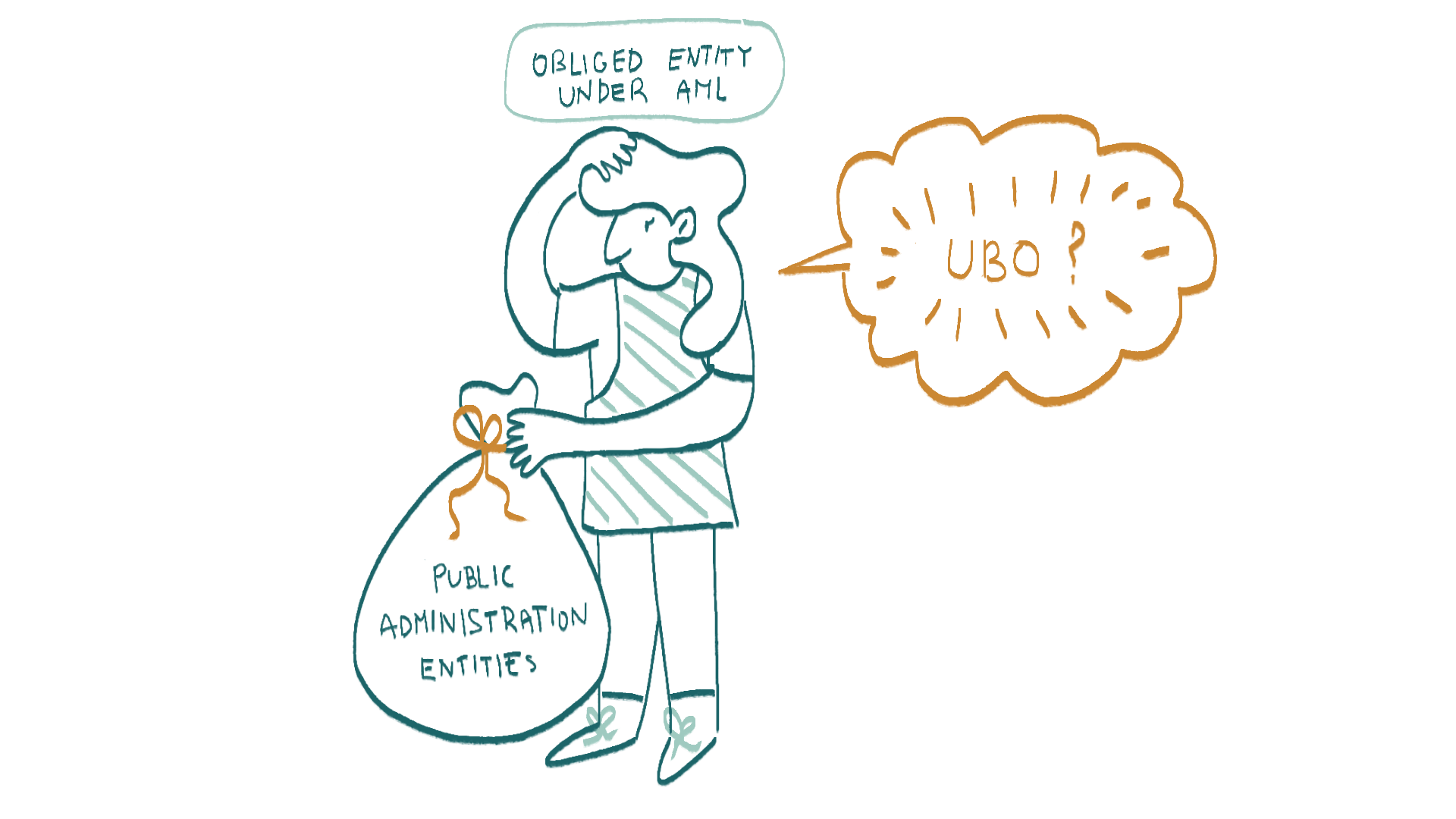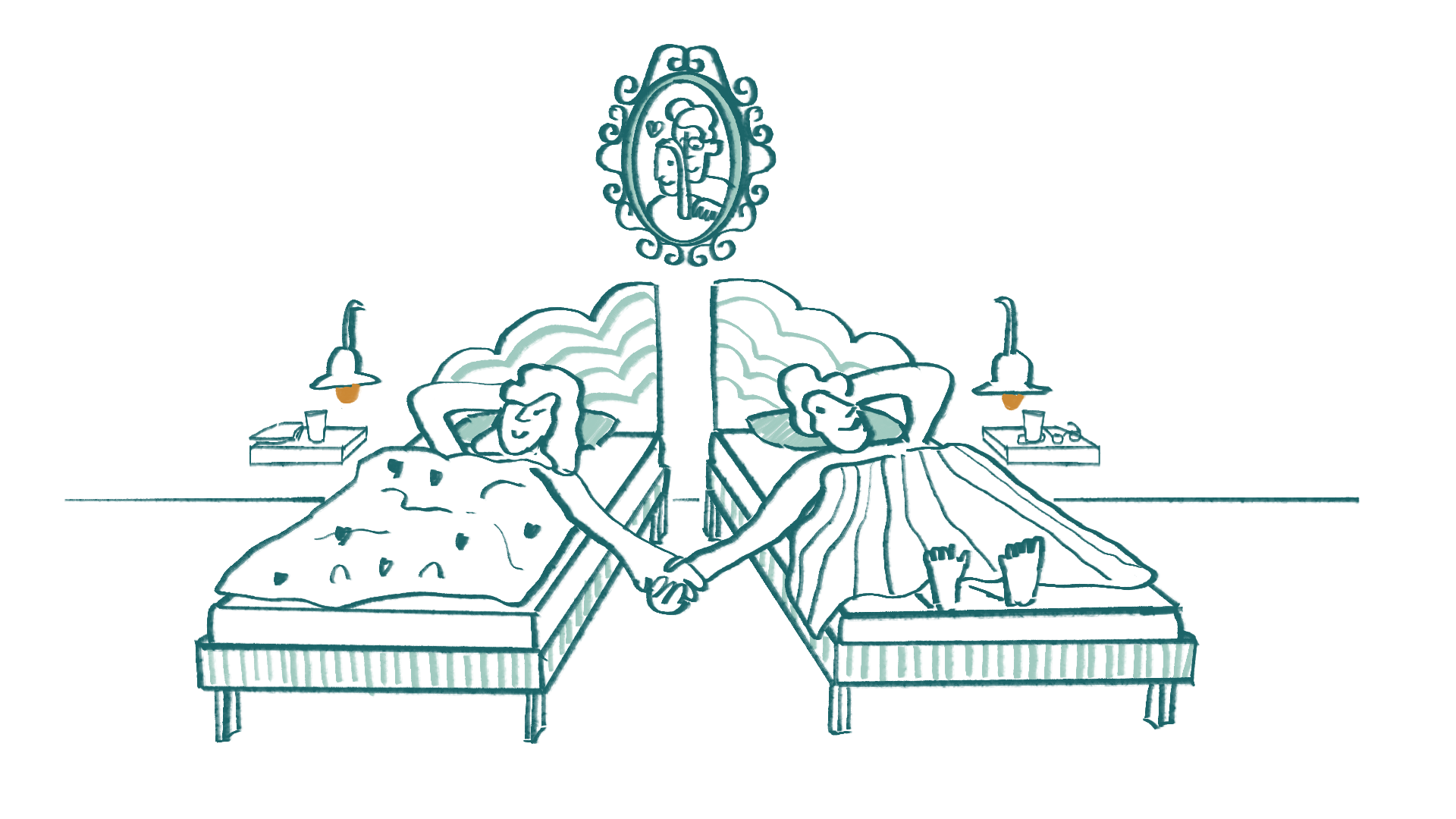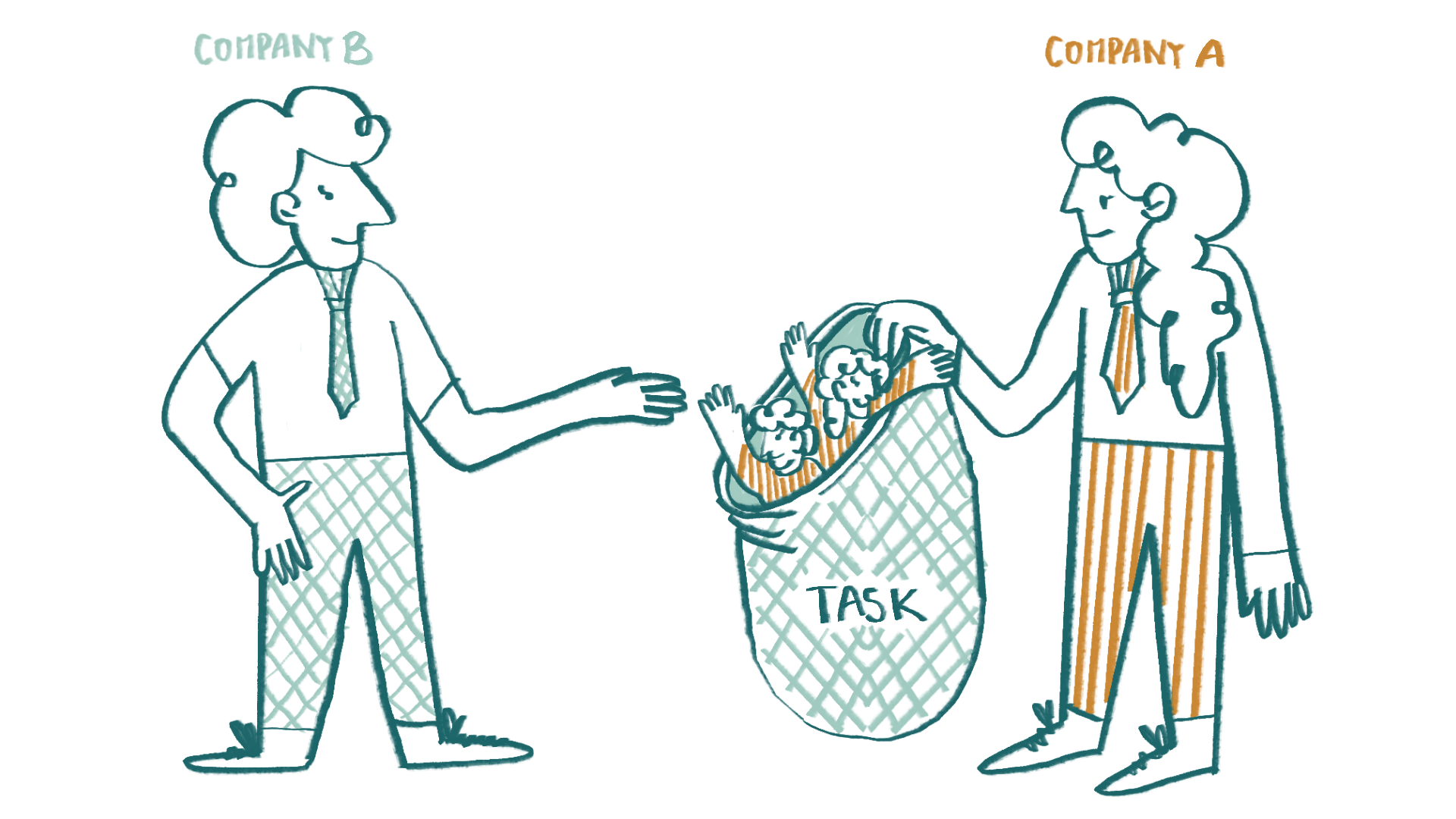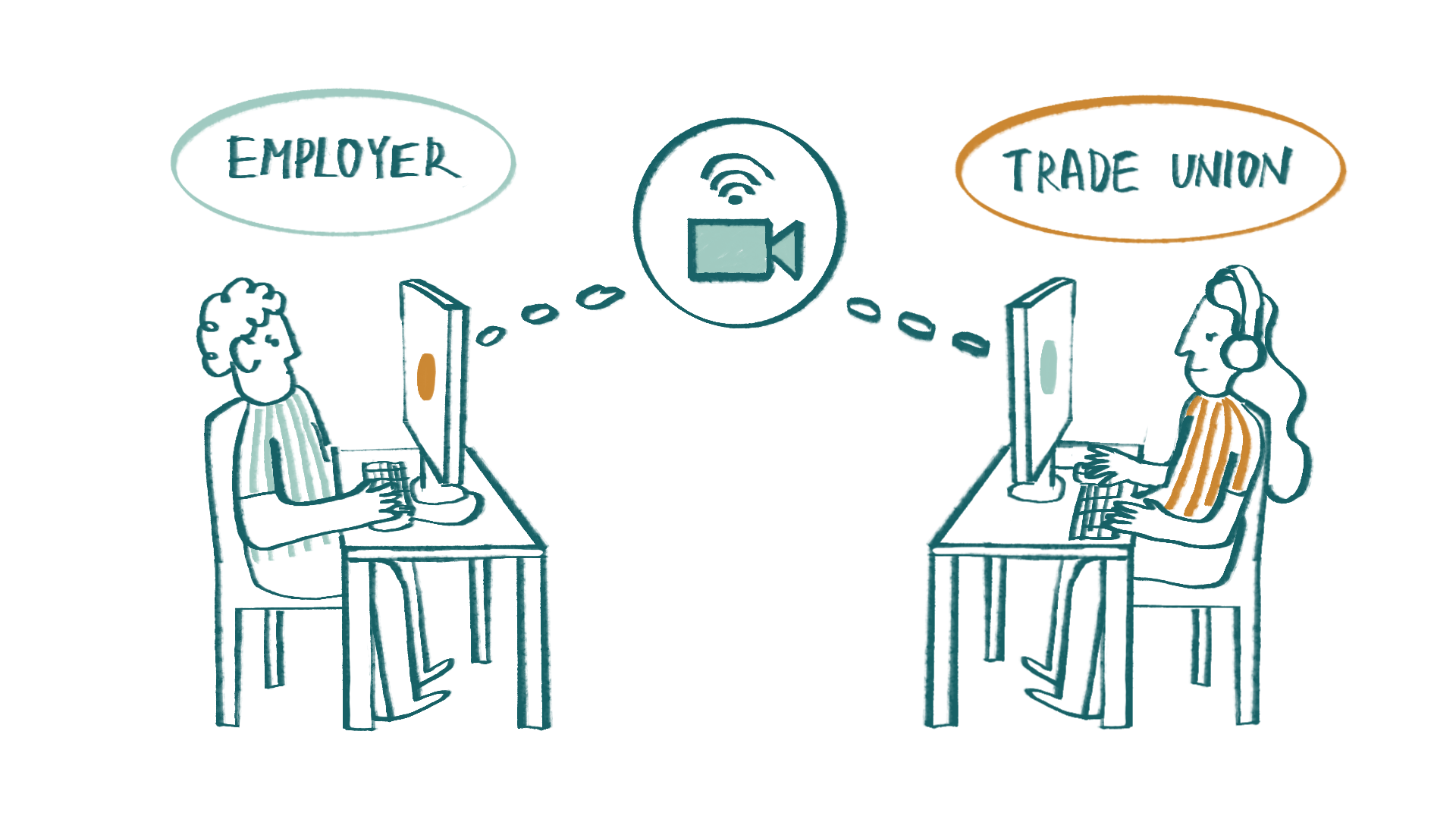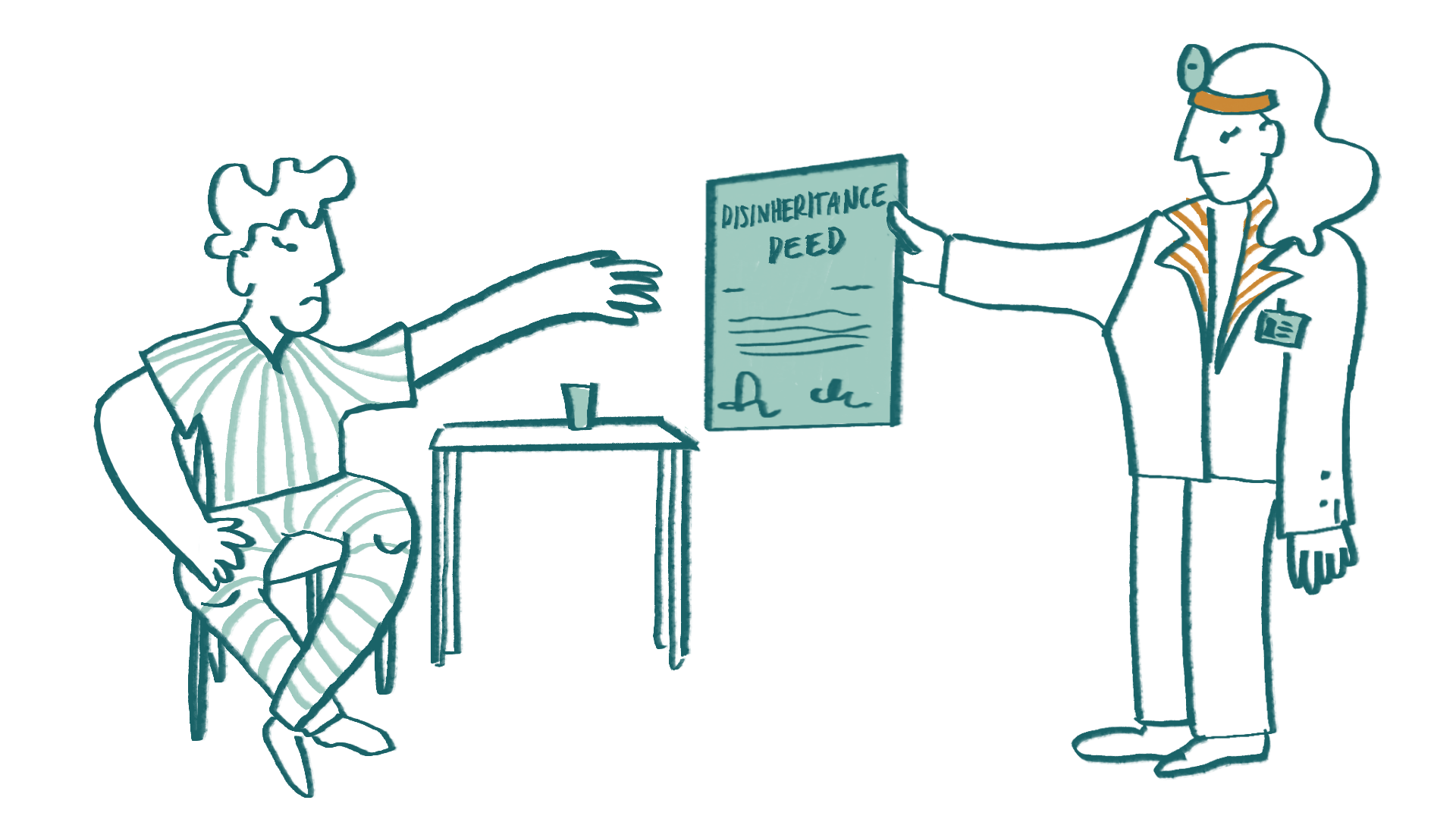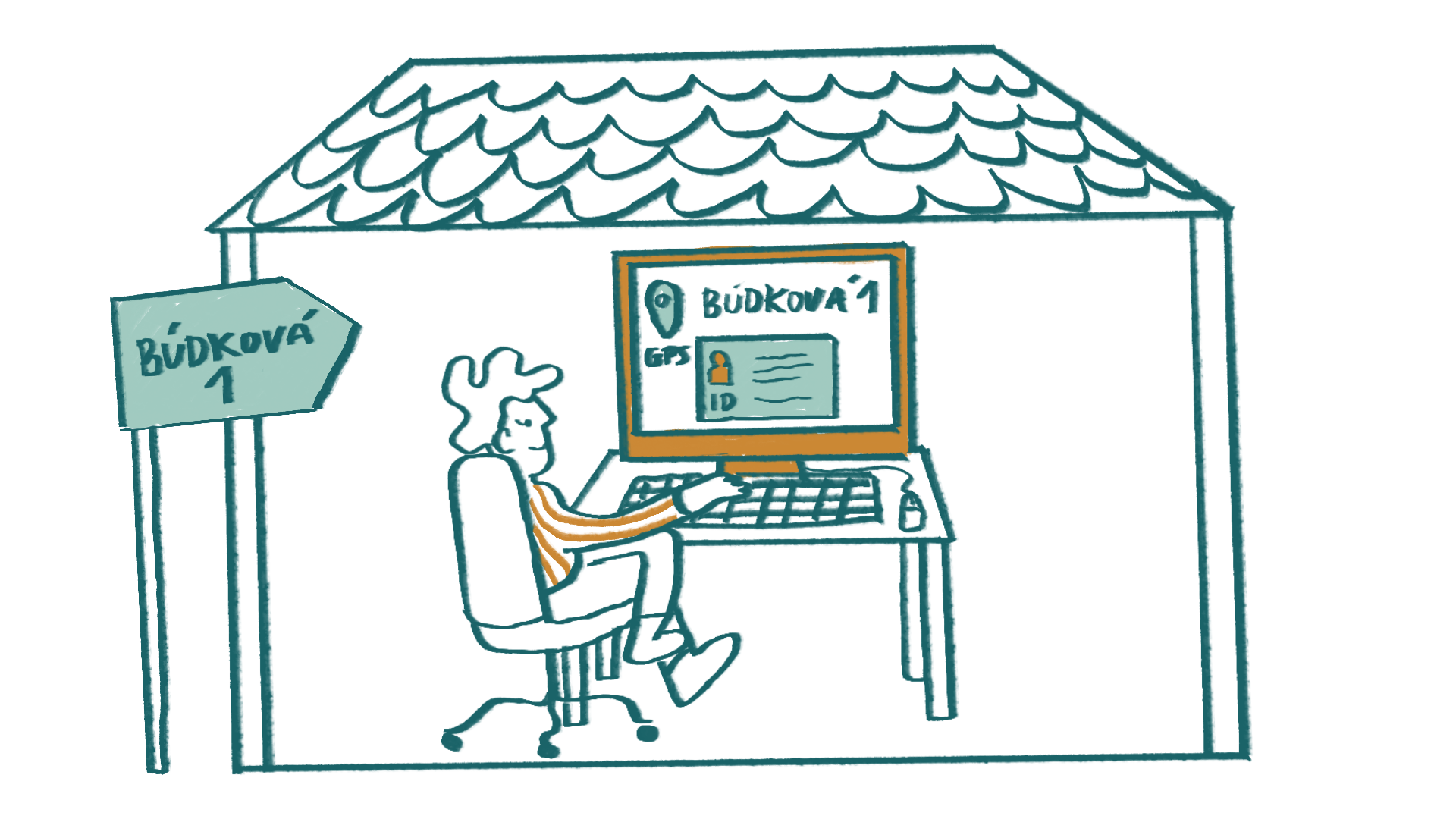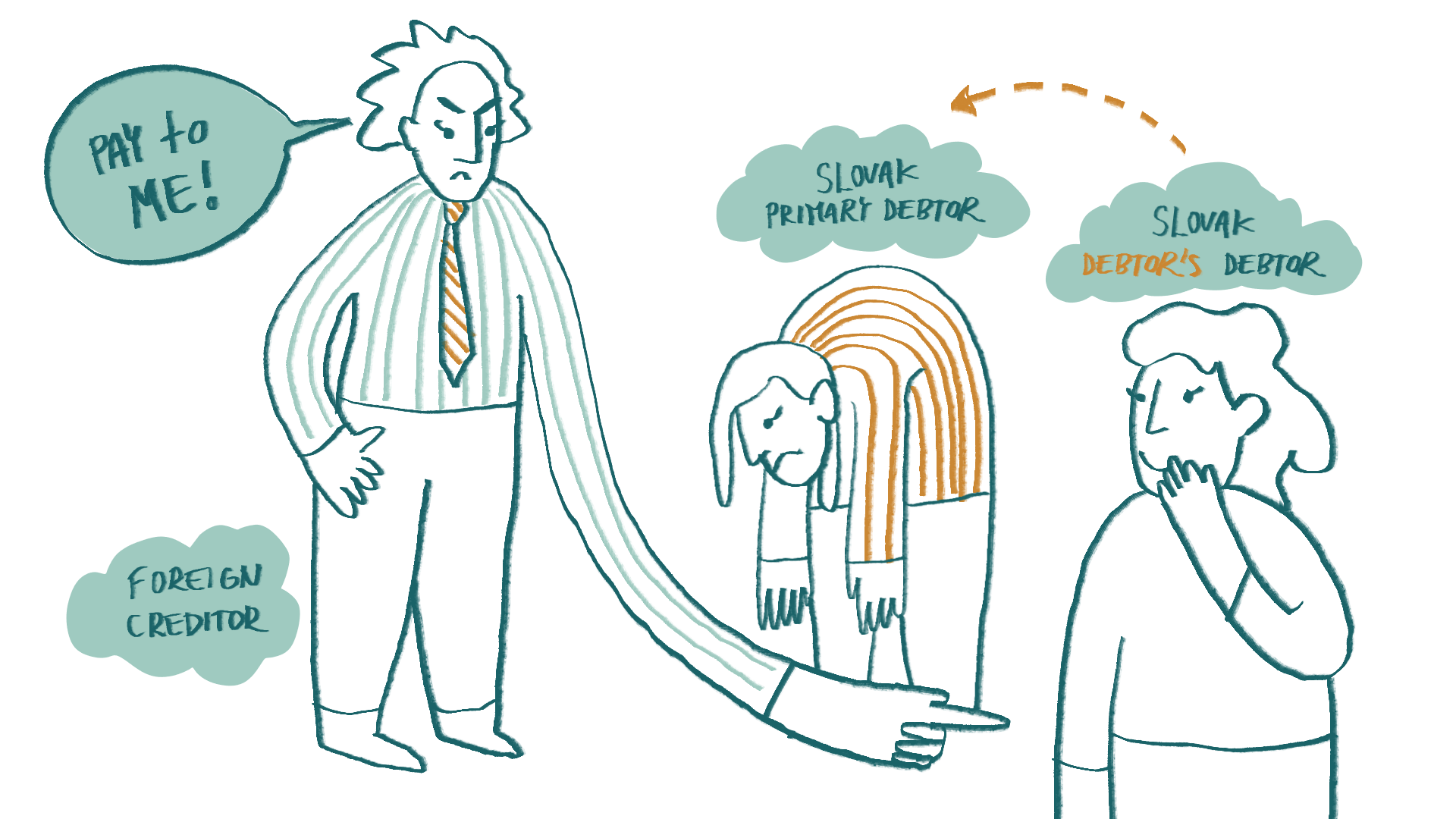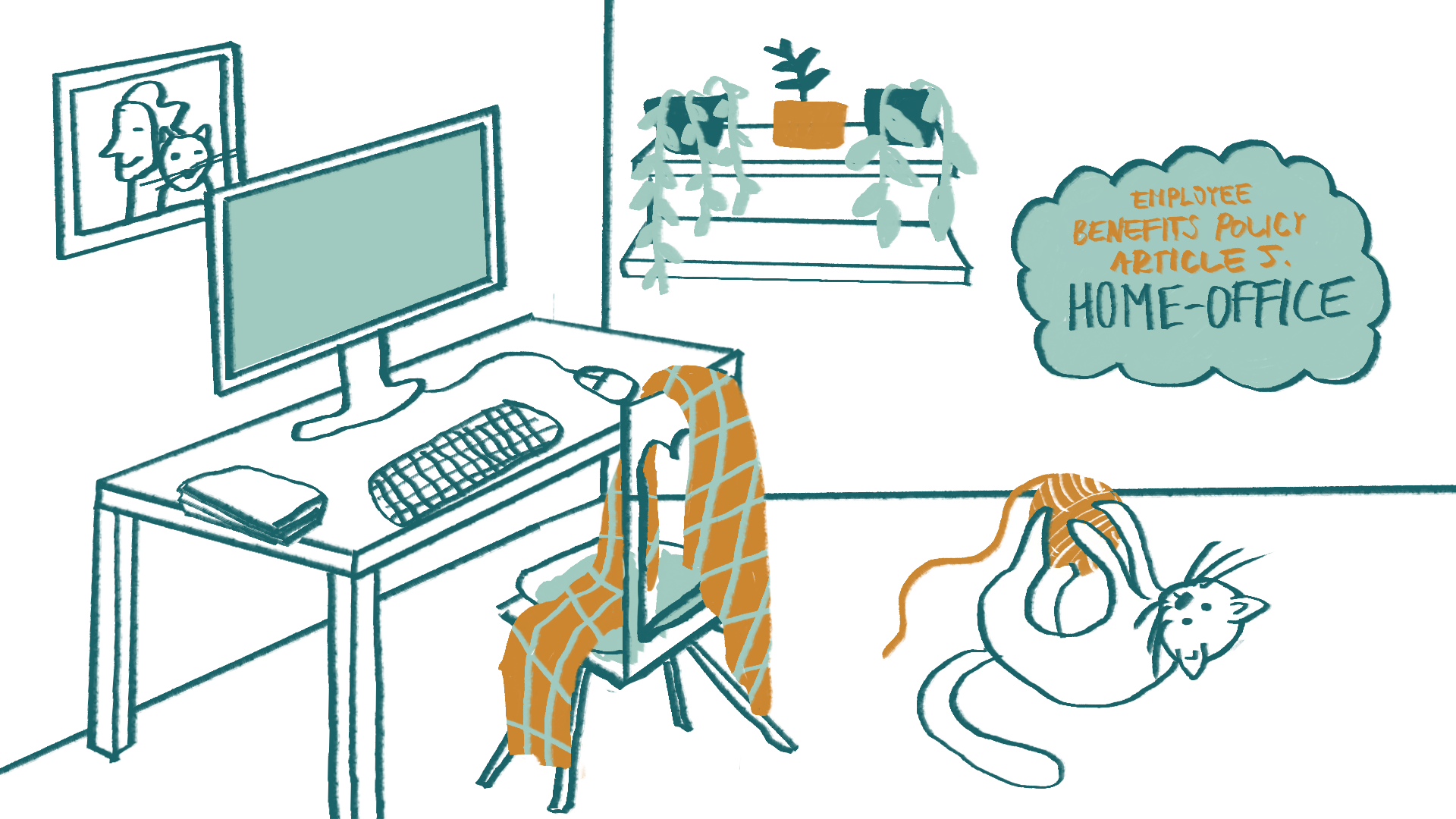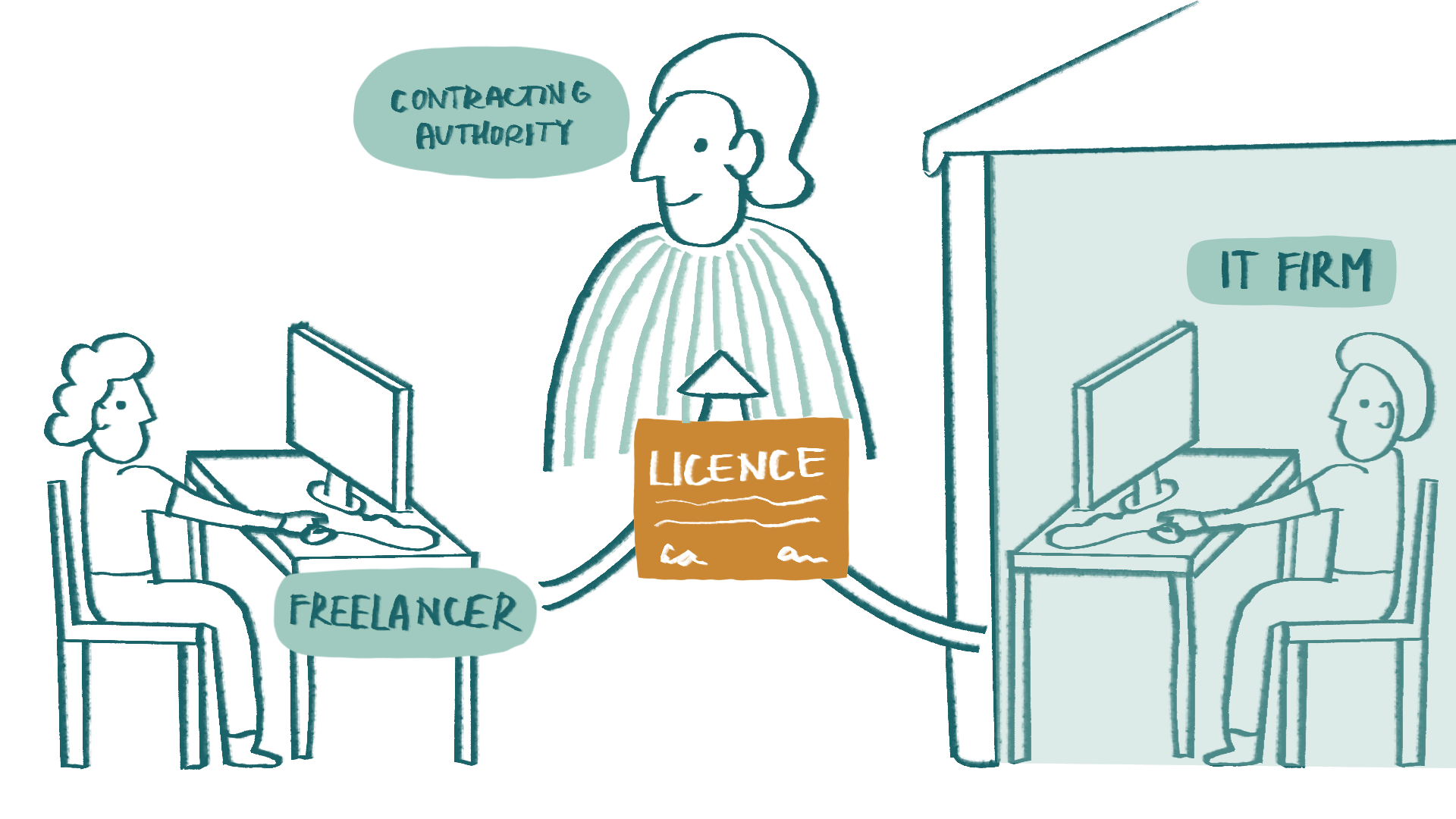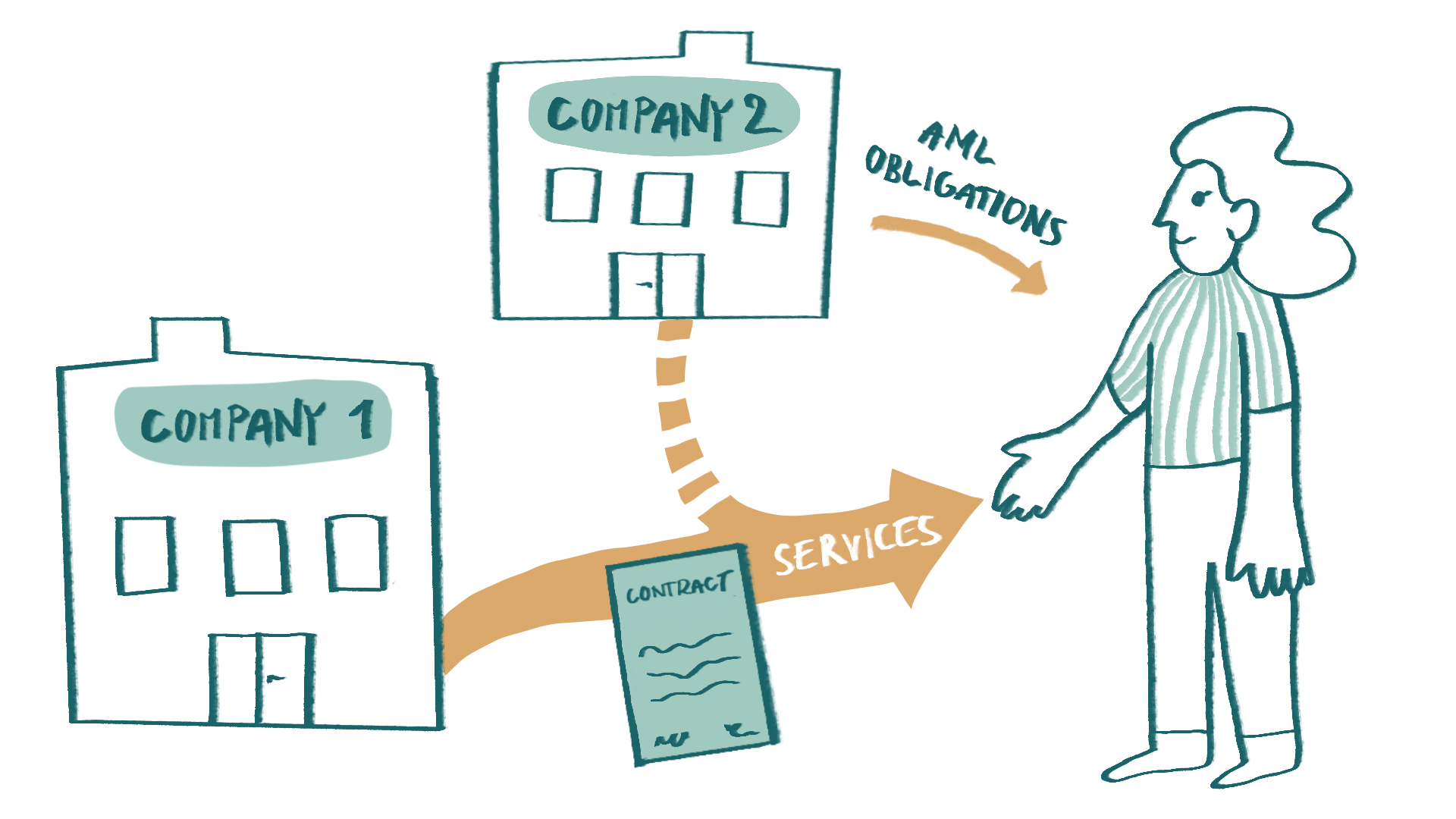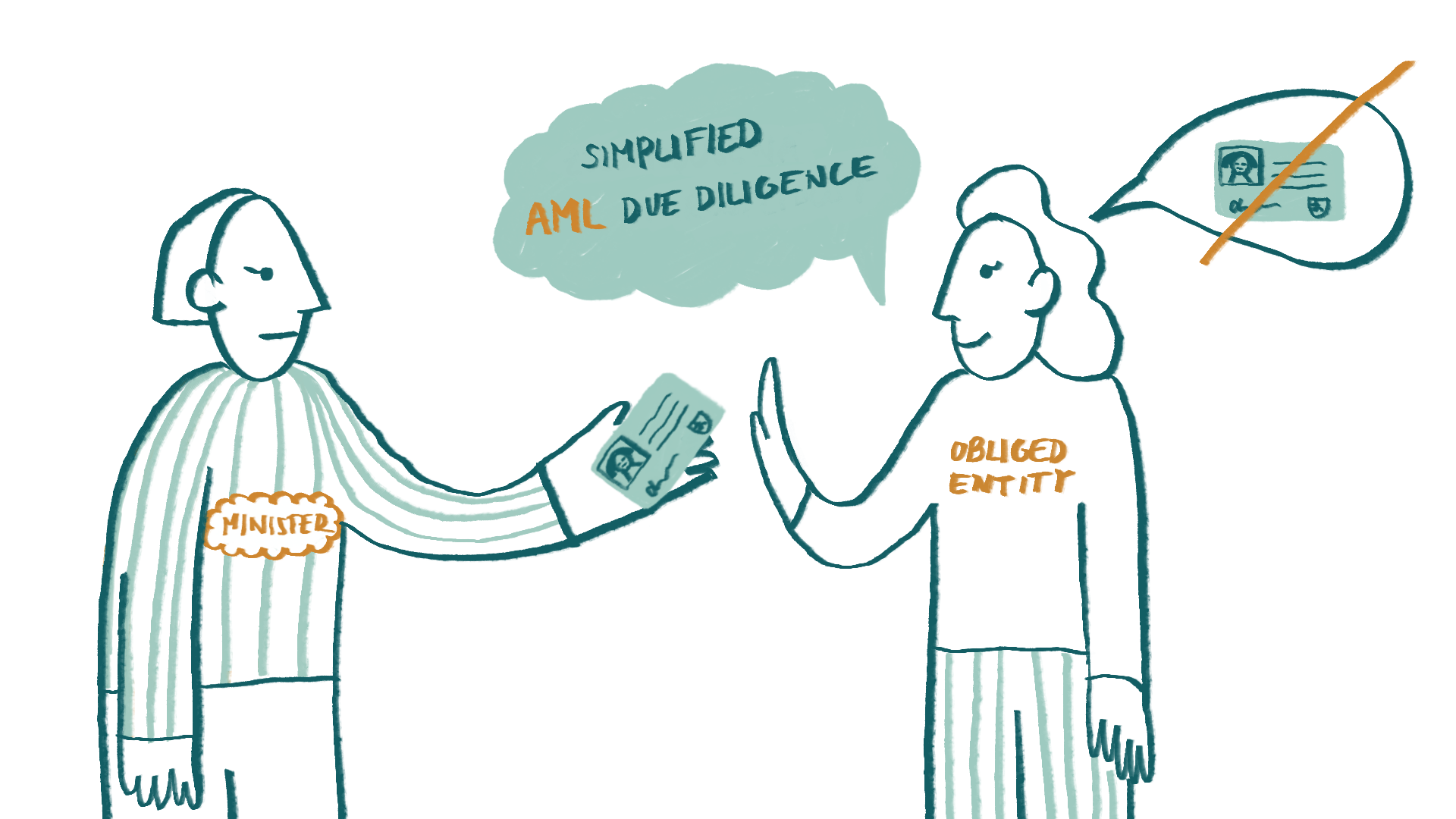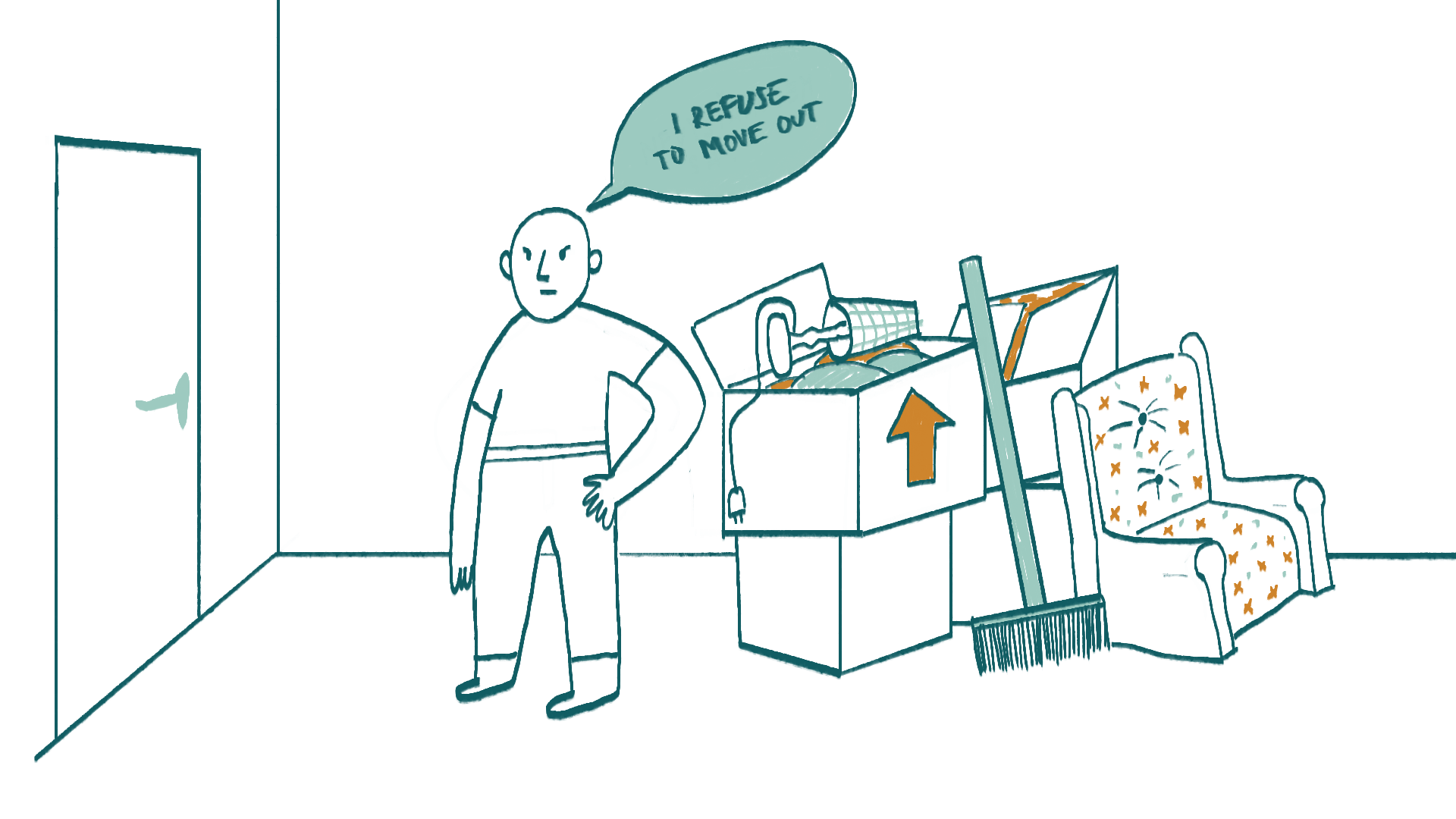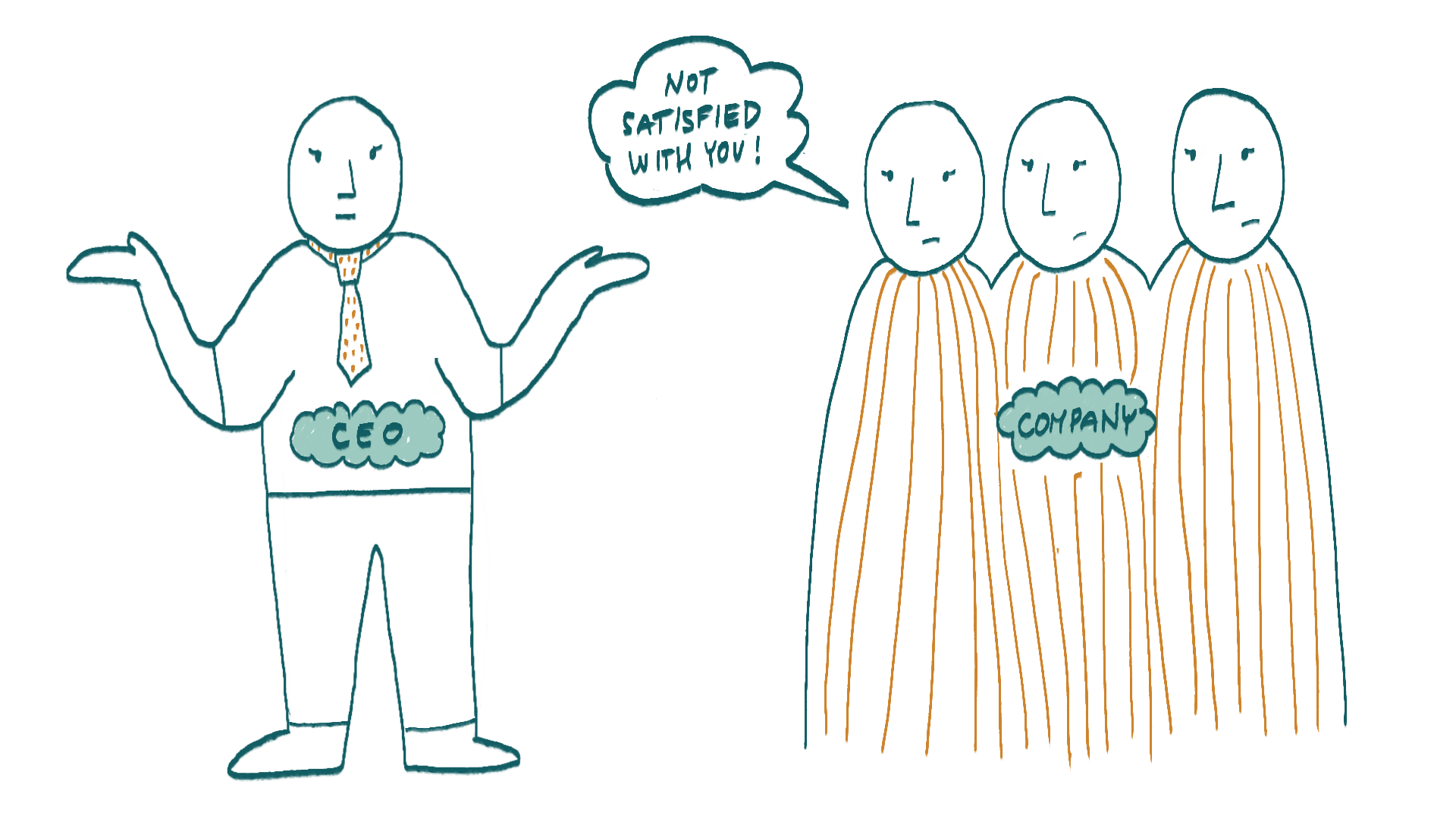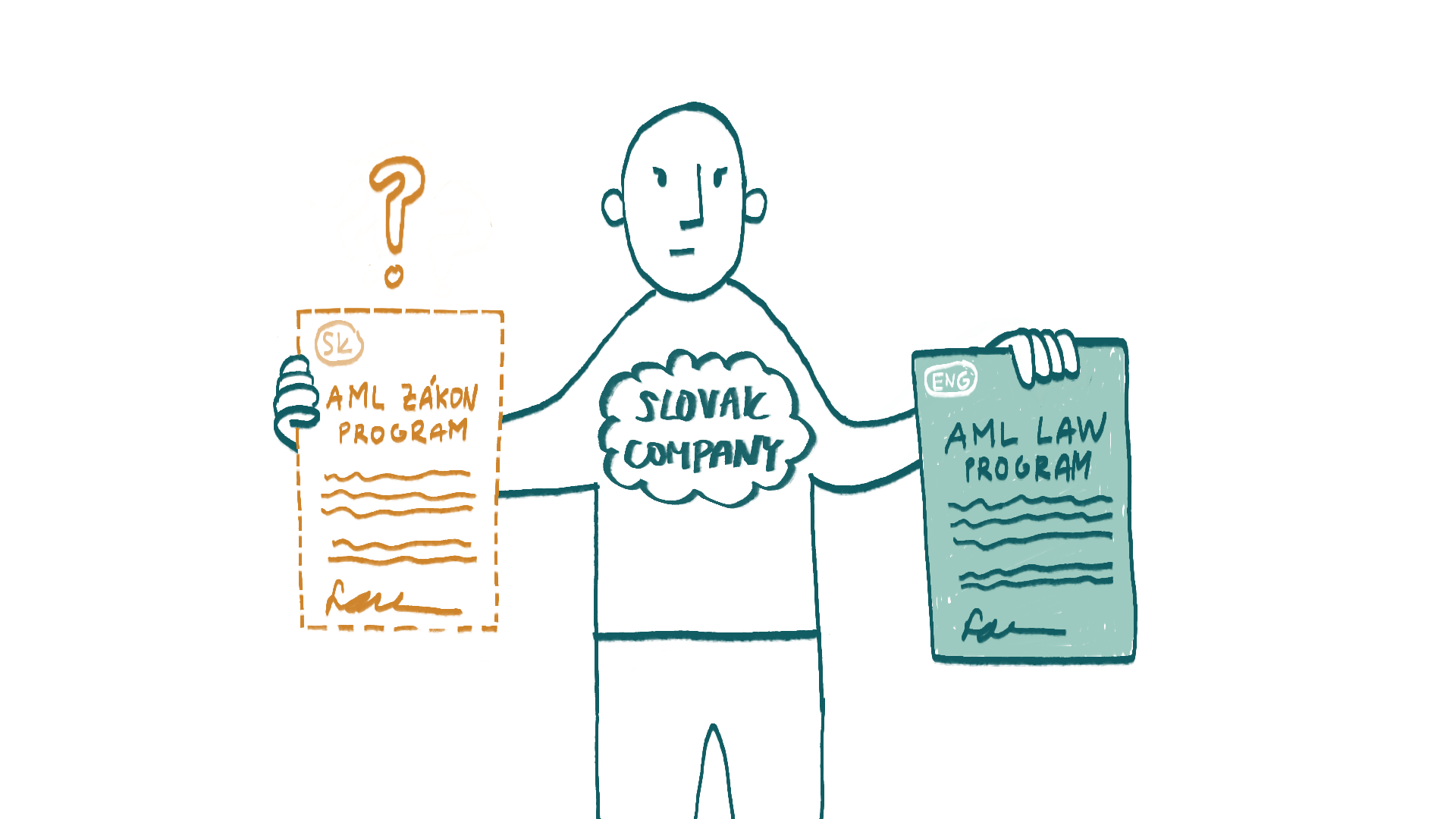In our company, a team of employees is working on developing a new software intended for a specific group of our clients. This new software aims to increase the attractiveness of our services and improve sales. The internal team only specifies the software’s requirements, while the actual coding is done by an external IT company. We operate in a highly competitive industry, and the staff turnover in our company is relatively high. We have already invested a lot of time and resources into developing the new software. We want to protect ourselves from someone else copying the basic idea behind the new software. For example, the team working on the software development may decide to leave our company and use the concept to develop similar software and become our competitor. What legal protection options are available in this context?
We understand that your employees are not the ones directly coding the software. The software development is being done by an external IT company. However, your employees are preparing the groundwork for the new software’s development. For instance, they are defining the functional requirements for the new software designed for a specific group of your company’s clients, describing user, functional, and parameter requirements for the software, determining specific user groups, administrator levels, and setting the framework for the functional and possibly graphic user interface of the software.
Even though these employees are not directly coding the software, according to the interpretation of the European Directive 91/250/EEC on the legal protection of computer programs, preparatory design work leading to the development of a computer program is considered part of the computer program, provided that their nature allows a computer program to be created at a later stage.
According to Slovak copyright law, a computer program is generally protected as a copyrighted work, and the provisions of the copyright law on employee works apply to it as well.
If these are indeed your employees, i.e the team is not made of contractors working under supply contracts, and if their job description includes cooperation in developing new software according to their employment contracts, then defining the functional requirements of the new software (if it allows the creation of a new computer program) can be considered the creation of an employee work.
An employee work, under Slovak copyright law, is a work created to fulfil the obligations of the employee arising from their employment relationship. If an employee creates anything that is considered a work for the employer in the performance of their duties, it is considered an employee work. The employee is not entitled to exercise any proprietary rights to the employee work unless expressly agreed upon with the employer, for example, in the employment contract. If an employee violates the proprietary rights to the employee work by allowing someone else to use it, they are infringing the employer’s proprietary rights. In other words, if your employees create preparatory conceptual work for the new software as an employee work, leave your company, and then use these preparatory conceptual works to create another software, they are infringing your rights to the employee work, and you can seek protection.
It is important that the job descriptions in the employment contracts of the team working on the preparatory conceptual work for the new software reflect that this is part of their job responsibilities. You can also include explicit provisions in the employment contract stating that work on the specific software constitutes an employee work.
It is also important to monitor your employees’ activities in connection with the work on the new software, so you have records of what exactly they were doing and how they contributed to the preparatory conceptual work leading to the development of the computer program. This way, you will be able to prove later, in a potential dispute, that they created the conceptual work for the new software, defined its specifications, and possibly communicated with the coders in this regard.
If all or some of these employees leave your company and use the same preparatory conceptual work to create new, similar software, you will be able to protect yourself against this.
You will be able to call for the court to prohibit former employees or the company they start working for from using and distributing their new software based on the preparatory conceptual work of your software, seek damages, demand the return of unjust enrichment, and also claim compensation for non-pecuniary damage.



